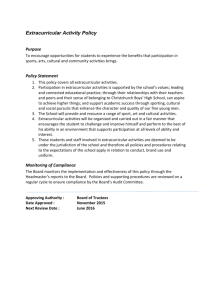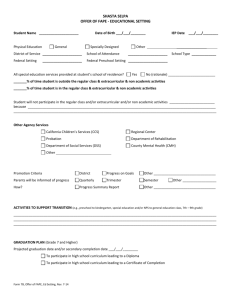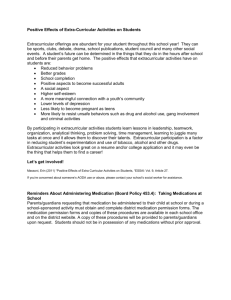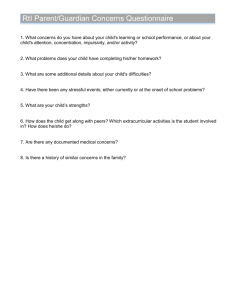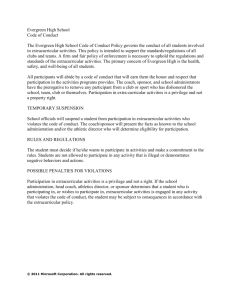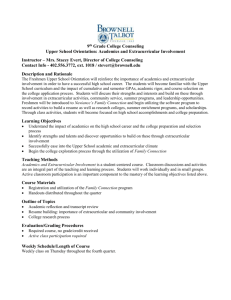UNIT 2: - AlabamaConnection
advertisement
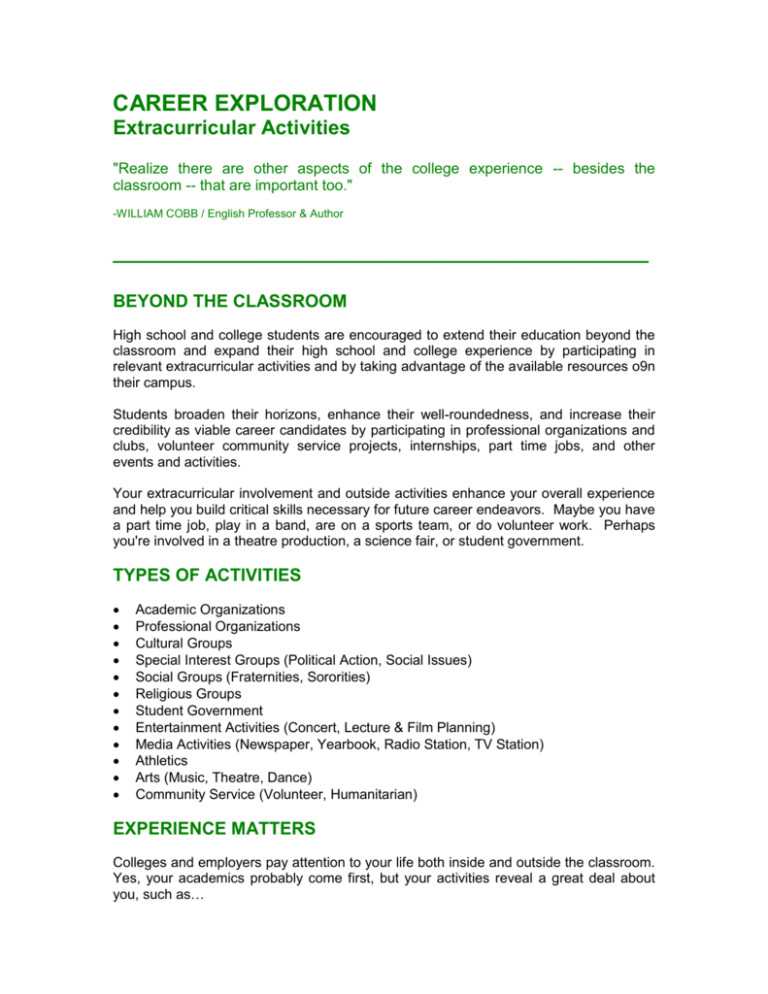
CAREER EXPLORATION Extracurricular Activities "Realize there are other aspects of the college experience -- besides the classroom -- that are important too." -WILLIAM COBB / English Professor & Author ________________________________________________ BEYOND THE CLASSROOM High school and college students are encouraged to extend their education beyond the classroom and expand their high school and college experience by participating in relevant extracurricular activities and by taking advantage of the available resources o9n their campus. Students broaden their horizons, enhance their well-roundedness, and increase their credibility as viable career candidates by participating in professional organizations and clubs, volunteer community service projects, internships, part time jobs, and other events and activities. Your extracurricular involvement and outside activities enhance your overall experience and help you build critical skills necessary for future career endeavors. Maybe you have a part time job, play in a band, are on a sports team, or do volunteer work. Perhaps you're involved in a theatre production, a science fair, or student government. TYPES OF ACTIVITIES Academic Organizations Professional Organizations Cultural Groups Special Interest Groups (Political Action, Social Issues) Social Groups (Fraternities, Sororities) Religious Groups Student Government Entertainment Activities (Concert, Lecture & Film Planning) Media Activities (Newspaper, Yearbook, Radio Station, TV Station) Athletics Arts (Music, Theatre, Dance) Community Service (Volunteer, Humanitarian) EXPERIENCE MATTERS Colleges and employers pay attention to your life both inside and outside the classroom. Yes, your academics probably come first, but your activities reveal a great deal about you, such as… How you've utilized, applied and developed your talents and skills How you've made a meaningful contribution to a group or project How you've interacted with others on a team Whether you can assume responsibility Whether you can manage your time and priorities Whether you can maintain a long-term commitment What level of dedication, ambition, and initiative you have The importance of extracurricular activities on college campuses is well established. The primary goals of extracurricular activities focus on the individual student level, the institutional level, and the broader community level. These activities exist to complement the university's academic curriculum and to augment the student's educational experience. Almost any type of student involvement in college positively affects student learning and development. Extracurricular activities provide a setting to become involved and to interact with other students, thus leading to increased learning and enhanced development. Specifically, a student's peer group is the most important source of influence on a student's academic and personal development. By identifying with a peer group, that group may influence a student's affective and cognitive development as well as his or her behavior. As the development of the well-rounded individual is a principal goal of extracurricular activities on college and university campuses, the numerous experiences these activities afford positively impact students' emotional, intellectual, social, and inter-personal development. By working together with other individuals, students learn to negotiate, communicate, manage conflict, and lead others. Taking part in these out-of-theclassroom activities helps students to understand the importance of critical thinking skills, time management, and academic and intellectual competence. Involvement in activities helps students mature socially by providing a setting for student interaction, relationship formation, and discussion. Working outside of the classroom with diverse groups of individuals allows for students to gain more self-confidence, autonomy, and appreciation for others' differences and similarities. Students also develop skills specific to their career path and imperative for future job success. Students have opportunities to improve their leadership and interpersonal skills while also increasing their self-confidence. Extracurricular involvement allows students to link academic knowledge with practical experience, thereby leading to a better understanding of their own abilities, talents, and career goals. Future employers seek individuals with these increased skill levels, making these involved students more viable in the job market. Specifically, participation in extracurricular activities and leadership roles in these activities are positively linked to attainment of one's first job and to managerial potential. Lots of school, community, and religious organizations give you chances to explore your interests and talents. If you haven't felt drawn into something yet, there's no shortage of opportunities for you to explore. It's pretty easy to find out about activities available at your high school or college. Once you start exploring, sometimes the challenge is figuring out how much to do. TIPS FOR YOUR INVOLVEMENT In choosing the appropriate extracurricular activities, use good judgment to determine if the project or your particular role match your interests and goals. Does the activity help you explore your interests and identify your career goals? Does the activity give you an opportunity to apply your classroom learning? Does the activity give you an opportunity to utilize your skills and talents? Does the activity give you an opportunity to develop good interpersonal and relationship building skills? Does the activity give you an opportunity to develop good organizational and planning skills? Does the activity give you an opportunity to develop good leadership skills? Does the activity give you an opportunity to help others and contribute to society? Does the activity give you an opportunity to express your values? RELEVANCE Choose activities that are pertinent to your career goals and demonstrate your relevant skills. An accounting major may choose to volunteer as a tax preparer for the VITA (Volunteer Income Tax Assistance) Program, in which he or she would have the opportunity to utilize accounting-related skills in the process of helping low income families prepare their tax returns. A student interested in utilizing and developing his or her leadership skills may choose to get involved with Student Government, Residence Life, or run for an official position (President, Vice President, Committee Chair) of a student organization. An English, communications or journalism major may choose to be a writer, reporter or editor for the campus newspaper. A finance or accounting major may choose to be the treasurer for a student club. A student seeking a career in sales or public relations may choose to get involved with fund-raising activities or activities in which he or she would lead tour groups (Ambassadors, Orientation Leaders), give public speeches, or plan campus events. An education major may choose to be a tutor, peer advisor, or resident assistant, or volunteer to be a Big Sister or Big Brother. An engineering or construction sciences major may choose to volunteer for the local Habitat for Humanity project, in which he or she would be directly involved in the construction of a house for a low income family. ________________________________________________ MICHAEL LEBEAU 2009
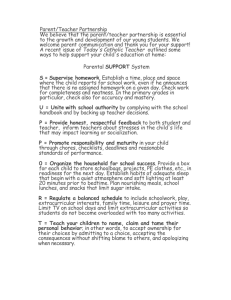
![Educational Setting – Offer of FAPE [IEP7B] English](http://s3.studylib.net/store/data/006809815_1-704b6bcef8e9a29f73a2206ea1b6ed19-300x300.png)
